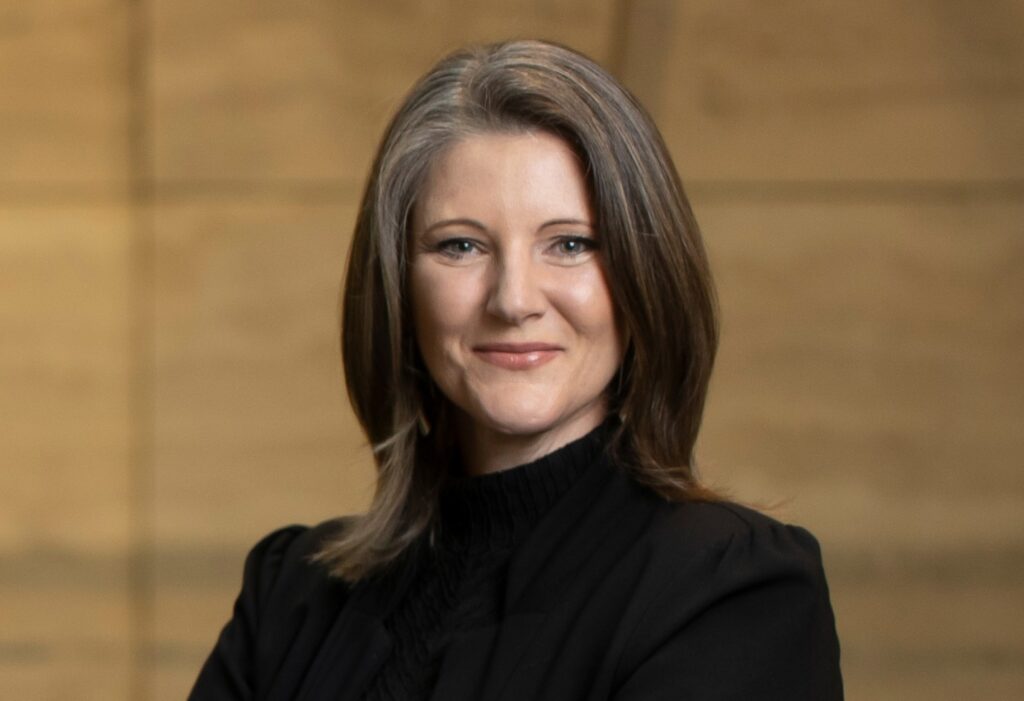The gender gap in startups is huge, both in terms of the companies founded and the amount of investment male and female startup founders secure.
But there’s one space that is bucking the trend: digital health.
Here, the proportion of female founders is getting close to the halfway mark, with 44 per cent of digital health companies founded by women, according to a new report by ANDHealth, a digital health commercialisation company, compared to 27 per cent across the general startup space.
CEO and Managing Director of ANDHealth, Bronwyn Le Grice, says this growth highlights how digital health is not only an incredible economic opportunity for Australia, but also a sector where women are making significant inroads as founders and leaders. She adds it represents the unique intersection of tech and healthcare – the latter being a space heavily dominated by women.
“More than 70 per cent of the healthcare workforce are female and the bulk of caring responsibilities still falls to women. As a result, they’re more likely to be the ones experiencing the health system and seeing firsthand how technology can be used to make it better for everyone involved.”
While gender balance has long been high in digital health compared with the general startup space, Le Grice says she’s encouraged by the continued increase – with growth in the proportion of female founders in the space jumping from 35 per cent in 2020 to 44 per cent in 2025.
She believes that part of that stems from the profile that female leaders in the space are attracting, which then encourages more women to lean into their ideas and innovations. This results in better solutions for addressing global health challenges that can ultimately be commercialised here and globally.
Still, a persistent funding gap remains in this space: According to the report, female founders receive an average of 36 per cent less funding than their male counterparts. That figure amounts to an average of $320,000 compared with $500,000 for male founders.
“This disparity highlights the need for continued focus on ensuring equitable access to capital for all innovators in our sector,” said Le Grice.
“We know that diverse teams build better products that address the needs of diverse populations, and deliver better shareholder returns, so addressing this funding gap is not just about fairness – it’s about building better health solutions and delivering higher returns on investment.”
Digital health was recently identified as a priority area for investment under the National Reconstruction Fund, suggesting great opportunities to close the wider gender gap in funding between male and female founders.
As Le Grice notes, it’s also a massive opportunity for Australia in terms of economic benefits and improved outcomes.
The report, The Rising Giant, is based on data from 1005 digital health companies in Australia.
Check out the full report, The Rising Giant: Creating a New Economic and Health Future for Australia, here.
Become a Women’s Agenda Foundation member and support our work! We are 100% independent and women-owned. Every day, we cover the news from a women’s perspective, advocating for women’s safety, economic security, health and opportunities. Foundation memberships are currently just $5 a month.
Bonus: you’ll receive our weekly editor’s wrap of the key stories to know every Saturday. Become a member here.


